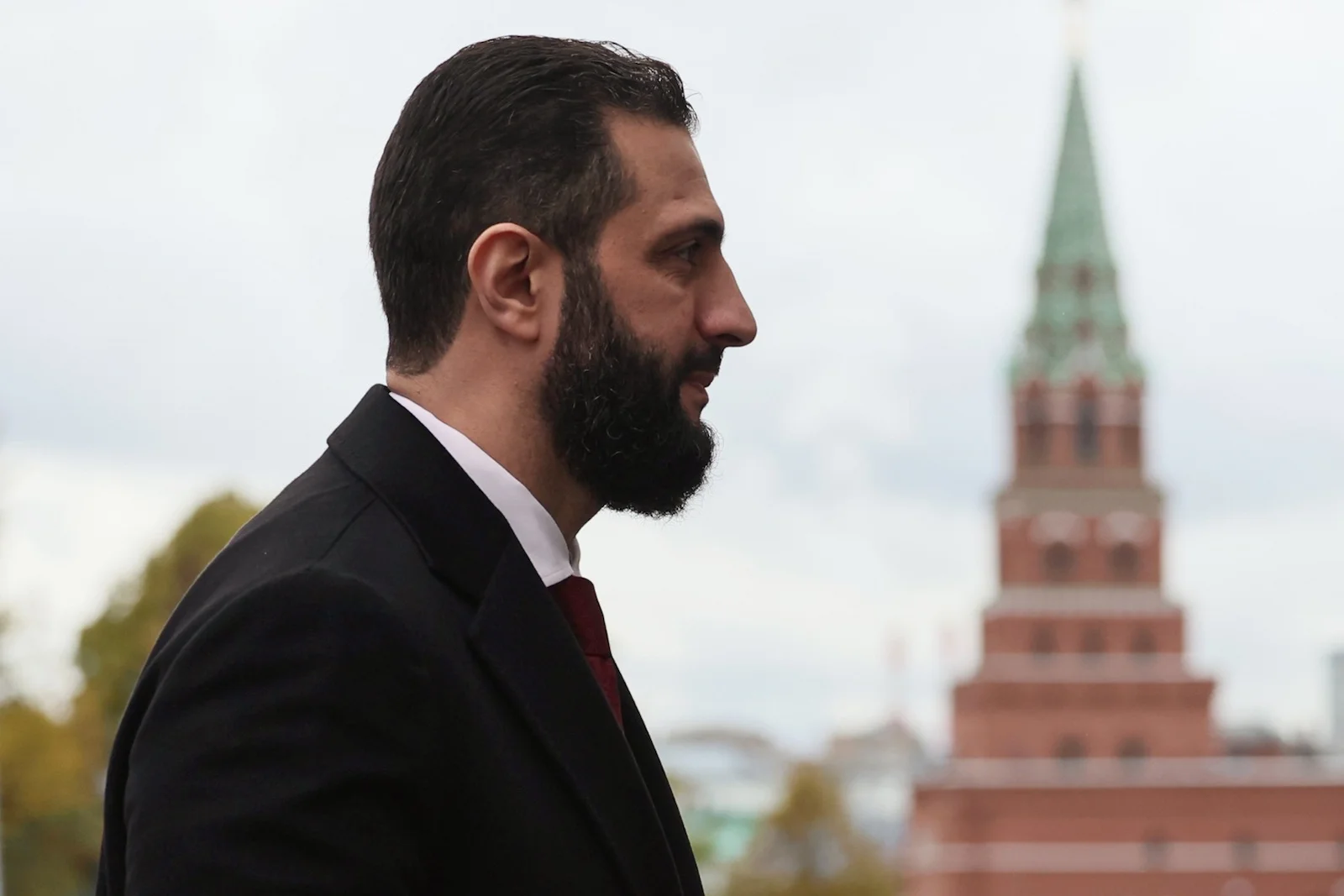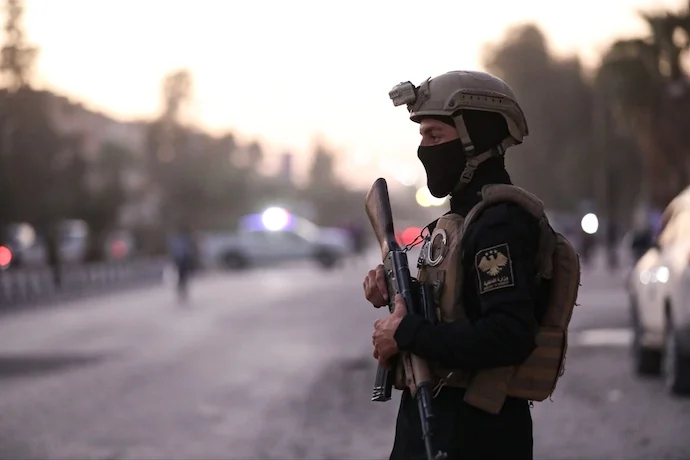
Will Sanctions Relief Bring Syria Back into the Fold?
As Syria moves toward debt restructuring amid a cautious thaw with the United States, Washington has eased most of its broad sanctions on the country. In June, the Trump administration announced the termination of several Assad-era executive orders and the suspension of nationwide sanctions, opening the door to renewed trade and investment with Syria under specific conditions.
The Caesar Syria Civilian Protection Act of 2019 — which restricted U.S. and international engagement with the Assad government and imposed secondary sanctions on those doing business with it — remains U.S. law. But enforcement has been largely suspended as part of this emerging policy shift.
This loosening of restrictions marks a significant boost to Syria’s prospects for economic recovery. Industries such as oil and energy, which were devastated during the conflict, are seen as early beneficiaries. The new environment is expected to draw a cautious return of foreign companies and investors who have stayed away for years.
The move also tracks with the argument advanced by Jared Kushner, former Middle East adviser and President Trump’s son-in-law. At the Future Investment Initiative (FII8) Summit in May, Kushner outlined potential economic incentives for countries — Syria chief among them — to join the Abraham Accords. The accords aim to normalize relations between Arab states and Israel. Kushner acknowledged Syria may face political and diplomatic complications if it were to pursue such a step. Even so, he emphasized the scale of the economic upside and suggested that investors would rally behind Syria if a deal were reached.

For years, international investors had ample reason to keep their distance: the risk of entanglement with U.S. sanctions and the reputational and legal exposure that came with engaging Assad-linked entities. The partial repeal and suspension of these measures is already seen as restoring some confidence within the regional and international business community, which until now has been effectively choked off because so many Syrian business leaders remained sanctioned.
Inside Syria, the interim Islamic HTS government has sought to capitalize on the opening by presenting itself as serious about rooting out corruption. It has turned its attention to rooting out corruption and illicit activity inside the corporate empires built by ousted President Bashar al-Assad’s allies. Newly installed President Ahmed al-Sharaa has formed a committee to investigate these networks. That includes the business empires of high-profile figures such as Tarif Akhras, Samer Foz, and Mohammad Hamsho, whose portfolios span foodstuffs, pharmaceuticals, trading, petrochemicals, and even television production.
Companies linked to Assad — especially those already on the U.S. sanctions list — have reportedly had their assets frozen. The new government is pressuring these firms to surrender between 40 and 80 percent of their holdings in exchange for eventual rehabilitation.
According to reports, Akhras, Foz, and Hamsho returned to Syria and met with senior HTS officials in Damascus earlier this year. They are said to have agreed to cooperate with government demands in hopes of avoiding future penalties, signaling a willingness to change their behavior and to present themselves as politically neutral. By contrast, those who refuse to comply are expected to remain sanctioned and face intense scrutiny from the government — or worse. Businessman Hossam Katerji is widely cited as a prominent example of what happens to those who resist.
For now, Syrian officials and the country’s business elite are cautiously optimistic that the economy can begin to stabilize. Syrian Finance Minister Yisr Barnieh has expressed hope that the repeal of sanctions will move quickly and that enforcement measures under the Caesar Act will be permanently lifted by the end of the year. Barnieh has also argued that Syria must focus not only on reopening to capital but on restoring trust in both the private and public sectors, regaining fiscal credibility, streamlining the country’s complex tax structure, and confronting its heavy debt load.
By most estimates, Syria will need tens of billions of dollars to repair basic infrastructure, revive its economy, and make the country viable enough for refugees to consider returning. The suspension of sanctions is being cast as a first step. The expectation in Damascus is that loosening U.S. pressure will help unlock foreign investment and accelerate reconstruction as Syria tries, slowly, to emerge from 13 years of war.
